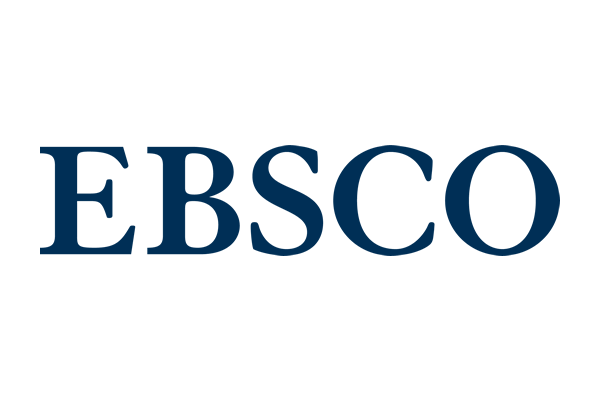Volume 21 Issue 2
Published: 2025-06-25
Contents
Article
Evaluation of Sulphate Resistant Cement and Oil-well Cement Produced in Al-Hadbaa Cement Plant
Safaa Al-Jubouri, Sahra Al-Maadhidee,
Twenty-three samples are collected (9 samples of sulfate-resistant cement, 7 samples for each of the oil-well cement, class B and G) during four months from the production line of Al-Hadbaa cement...
DOI: 10.33899/earth.2021.170391
Research Paper
Mineralogy and Geochemistry of Qulqula Limestone in Shenrui, Halabja Governorate, Northeastern Iraq
Nian Samin,
This study focuses on the mineralogy and geochemistry of the limestone unit of the Qulqula Formation (Early Cretaceous). The age and stratigraphic position of this formation are controversial...
DOI: 10.33899/earth.2021.170382
Reservoir Characterization of the Middle Cretaceous Mishrif Formation in the Buzurgan Oilfield, Southern Iraq
Muneef Mahjoob Mohammed, Hameed Salih, Kadhim Mnaty,
The Mishrif Formation is considered the main oil reservoir in the Buzurgan oilfield, southern Iraq. This study aims to characterize and evaluate the reservoir properties of the Mishrif Formation...
DOI: 10.33899/earth.2021.170388
The Influence of Shell Permeability on Stability of Upstream Slope during Rapid Drawdown – Khassa Chai Earth Dam as a Case Study
Krikar Noori, Sirwan Salim,
Several factors affect the stability of earth dam during sudden drawdowns such as permeability and mechanical properties of soil, upstream side slope, drawdown ratio, and drawdown rate. This paper...
DOI: 10.33899/earth.2021.170383
Groundwater Vulnerability Evaluation in the Nineveh Plain, Northern Iraq, using a GIS-based DRASTIC Model
Ali Al-Ozeer علی, Alaa Al-Abadi
The goal of this study is to determine the vulnerability of groundwater in northern Iraq's Nineveh Plain by utilizing the DRASTIC method and geographic information systems (GIS). In the context of...
DOI: 10.33899/earth.2021.170392
Assessment of Avroman Limestone Formation for Portland Cement Industry, Halabja Area, Kurdistan Region, NE-Iraq
Chro Fatah, Tola Mirza,
Limestone is the main constituent of the raw materials used in manufacturing cement. In this study, the limestone deposits from the Avroman Formation are evaluated by using chemically and...
DOI: 10.33899/earth.2021.170384
Planktic Foraminiferal Biostratigraphy of the Upper Part of the Damlouk Member, Ratga Formation, Western Desert, Iraq
Imad Ghafor, Basim Al-Qayim,
The basinal part of the Damlouk Member upper sedimentary cycle of the Ratga Formation exposed in the Qaim area of the Iraqi western desert is examined. The studied section consists of marlstone,...
DOI: 10.33899/earth.2021.170385
Morphometric Characteristics of Erosion Activity in the Komel River Basin
Mahmoud Hamrawi, Ibrahim Ibrahim,
The study area is represented by the Komel River basin, which is located in Duhok Governorate, northern Iraq. Several secondary basins are selected in the northeast of Sheikhan district within the...
DOI: 10.33899/earth.2021.170386
Study of the Mineral and Chemical Variation of the Raw Material Mix Used for Production of the Clinker and the Sulfate Resistant Portland Cement of Al-Hadbaa Plant, Hammam Al-Alil, Iraq
Safaa Al-Jubouri, Sahra Al-Maadhidee,
Twenty-four samples (6 samples of raw material mix slurry, 9 samples of cement clinker, 9 samples of sulfate resistant cement) are collected during four months from the production line of Al-Hadbaa...
DOI: 10.33899/earth.2021.170389
Specifying the Vegetation Cover Changes in Komel River River Using Remote Sensing Techniques
Mahmoud Hamrawi, Ibrahim Ibrahim,
This study aims to specify the changes that occurred in the vegetation cover of the Komel River basin located in the northeastern Shikan distract in the Duhok Kurdistan region in Iraq with a total...
DOI: 10.33899/earth.2021.170387



